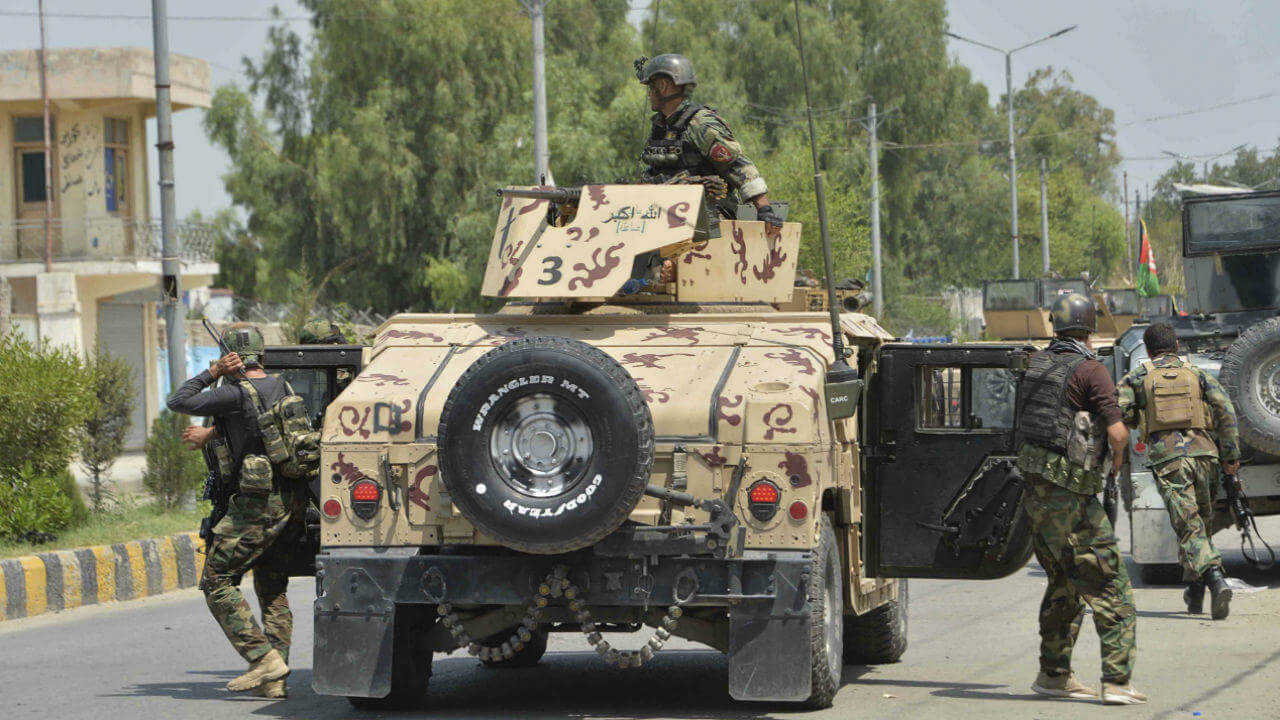After a day-long struggle, Afghanistan’s security forces regained control of a prison in Jalalabad, a city in eastern Afghanistan. The ISIL’s Afghani front, known as the IS in Khorasan, claimed responsibility for the attack. After orchestrating an attack through a car bomb on the gate of the prison, the Islamic State gunmen barged onto the premises and occupied strategic spots of the prison, such as watchtowers, making it difficult for the Afghani forces to secure the prison.
During the incident, at least 29 people were killed, and 50 more were injured. According to official Afghani sources, all ten attackers were shot dead during the skirmishes. However, according to Reuters reports, witnesses claim that the incident was propagated by at least 30 gunmen.
The prison housed around 1,793 prisoners, which included high-profile detainees from the Taliban and ISIL. During the attack, 1,025 attempted to escape, but most of them failed; 300 prisoners, many of whom are members of the ISIL, continue to remain unaccounted for.
The attack occurred a day after Afghanistan’s intelligence group claimed that security forces had captured an Islamic State commander. However, no official statement has been released about the motive behind the attack.
Recently, the United Nations reported that around 2,200 ISIL members continue to be housed in Afghanistan. It said that despite the group being under a “territorial threat” in the region, with an increasingly weak leadership, it “remains capable of carrying out high-profile attacks in various parts of the country, including Kabul.”
Earlier in the weekend, Afghanistan also saw violence along its border with Pakistan. On Friday, Afghanistan blamed Pakistani forces for the death of 15 civilians during an unsolicited firing against a civilian crowd attempting to cross the border for Eid al-Adha celebrations. The border has largely remained blocked since the onset of the COVID-19 pandemic in the region. However, it was temporarily reopened on Wednesday and was scheduled to remain open on Thursday as well to allow civilians to travel for Eid celebrations.
Pakistan, too, reported seven deaths and 31 injuries as a result of the attack. A statement by Pakistan’s foreign ministry said that the attack was initiated by Afghan forces who open fired on the crowds, leading to Pakistan closing the border. This led to unrest amongst the crowds who then attacked Pakistani posts. The statement further said, “Pakistan troops responded to protect our local population and acted only in self-defence” and consequently called for diplomatic negotiations between the two governments to de-escalate the matters.
Recently, Afghanistan raised the issue of cross-border firing by Pakistan before the UN. Afghanistan’s permanent representative to the United Nations (UN), Adela Raz, wrote to the United Nations Security Council (UNSC), raising a complaint regarding Pakistan’s “cross-border rocket firing” in Afghanistan. The letter said that the “issue of violations of Afghan territory by Pakistani military forces has continued despite numerous appeals made to the government of Pakistan, bilaterally and through other measures to cease their illegal and provocative activities in our sovereign territory.”
The weekend’s attacks occur at a crucial time for the region, with the US and Afghani stakeholders struggling to reconcile differences between the Afghan government and the Taliban.
Also Read: Afghanistan Writes to the UN Raising Concern About Cross-Border Attacks by Pakistan

